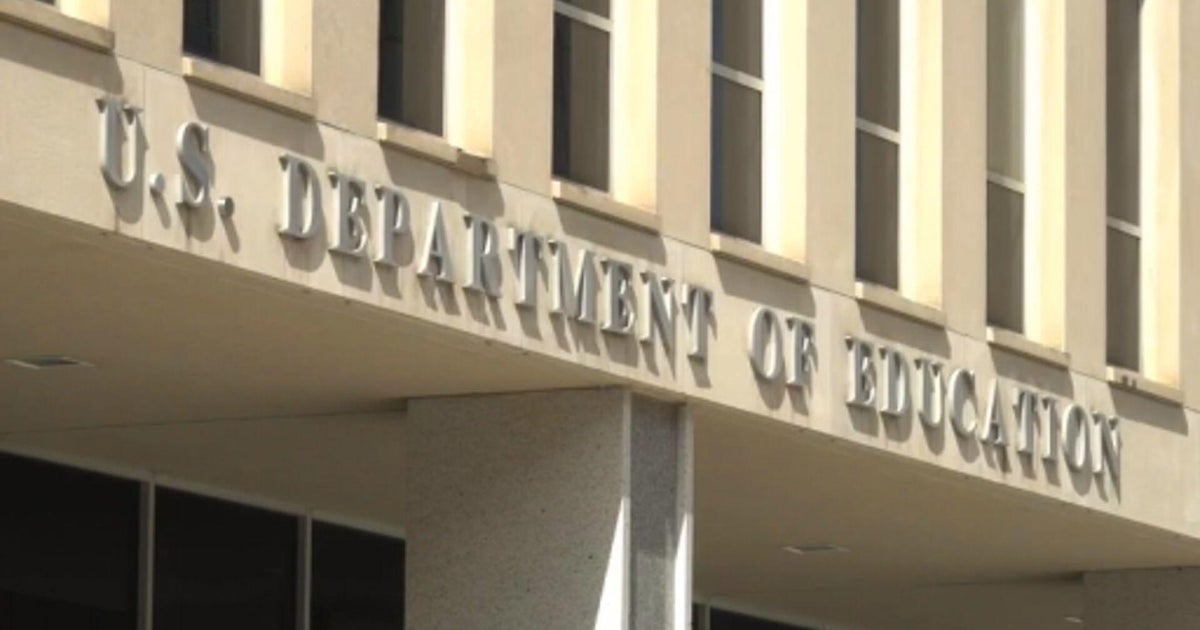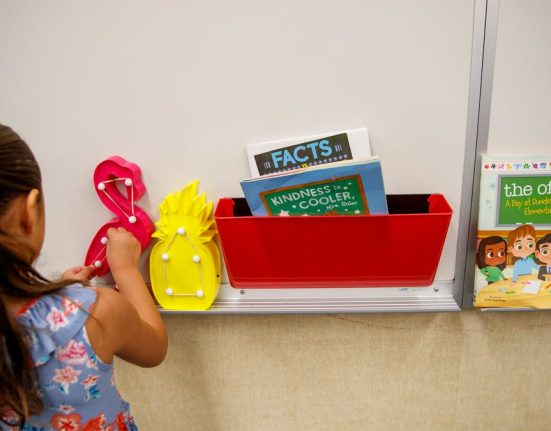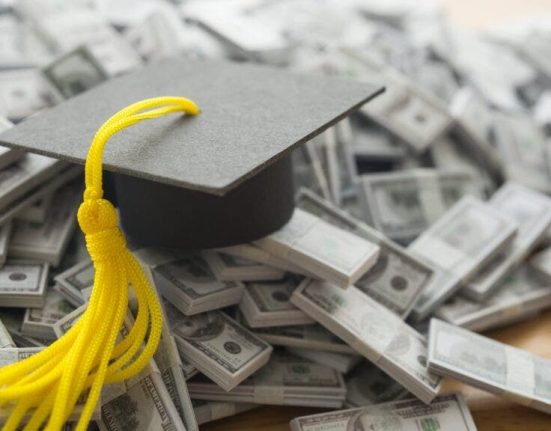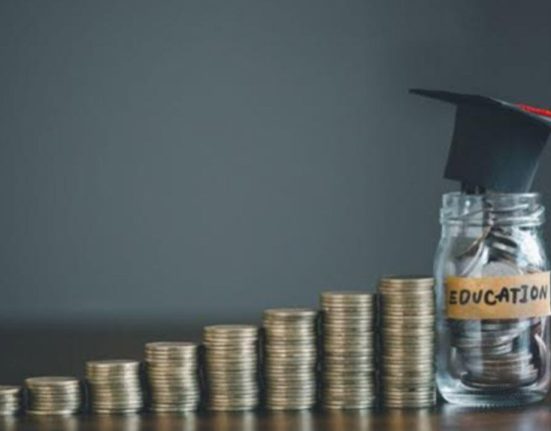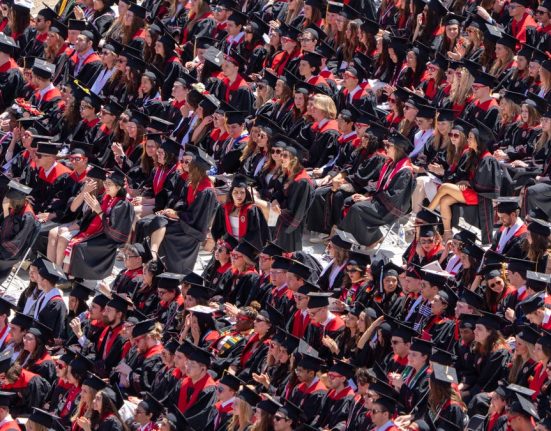In less than two weeks, the U.S. Department of Education will resume collecting student loans in default and that means millions of borrowers will have to start making payments or risk having their wages garnished.
After years of paused student loan payments, millions of borrowers are still struggling to restart repayment, and some, like Conrad Prophete, haven’t even begun. Prophete hasn’t made a student loan payment since before the Biden administration paused federal loan repayments in March 2020, a measure that extended for more than three years due to the COVID-19 pandemic.
Now, with payments resumed, Prophete still hasn’t started paying—and he can’t imagine how he will.
“Currently over $80,000,” he said of his loan balance.
Prophete’s one of more than 42 million Americans who collectively owe over $1.6 trillion to the U.S. Department of Education.
“I’ve tried paying $20 or $40 every two or so months,” he adds. “It’s not making any type of dent at all.”
According to the Education Data Initiative, the average student loan payment is $536 per month—an amount that’s out of reach for many, especially for Prophete.
“Having your bills: phone bill, car note… I have to look into car insurance too, and life insurance since I just turned 26,” he explained. “With all those things piling up together, I couldn’t even dream of paying my student loans.”
As high school seniors like Valeria Cortez prepare to head off to college, the reality of future debt weighs heavily.
“It’s very nerve-wracking,” said Cortez, who’s heading to Boston to study cybersecurity. “Because college isn’t cheap.”
Solutions for borrowers
Financial advisors say making sure you can pay your loans starts with building a budget.
“The idea is first tracking it, then trying to cut maybe everything by 10%,” said Charles Sachs, Chief Investment Officer at Imperial Wealth Advisors.
He told CBS News Miami that cutting back on small expenses like monthly subscriptions can help free up cash.
For borrowers like Prophete, it may take more than budgeting.
The Department of Education warns that if borrowers don’t resume payments, enroll in an income-driven repayment plan or sign up for loan rehabilitation, they risk wage garnishment.
“Makes me feel terrible, to be honest,” Prophete said. “There are a lot of things—systemic things—that keep us in the same position.”
Collections are set to resume on May 5. That could mean money taken directly from paychecks, tax refunds, and even Social Security benefits for those who default.

